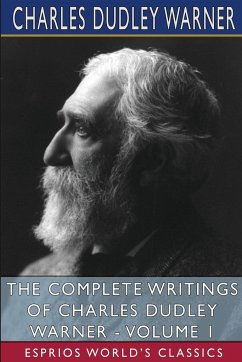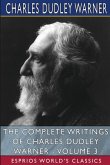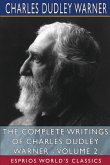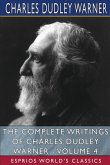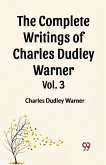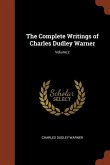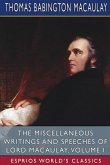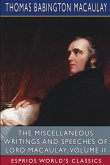Charles Dudley Warner (1829 - 1900) was an American essayist, novelist, and friend of Mark Twain, with whom he co-authored the novel The Gilded Age: A Tale of Today. Warner traveled widely, lectured frequently, and was actively interested in prison reform, city park supervision, and other movements for the public good. He was the first president of the National Institute of Arts and Letters, and, at the time of his death, was president of the American Social Science Association. He first attracted attention with the reflective sketches in My Summer in a Garden (1870). First published as a series in The Hartford Courant, these sketches were popular for their abounding and refined humor and mellow personal charm and their delicately finished style.

